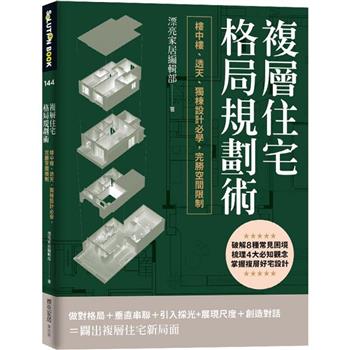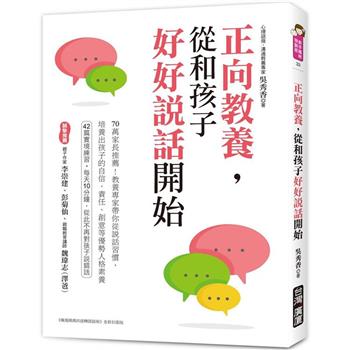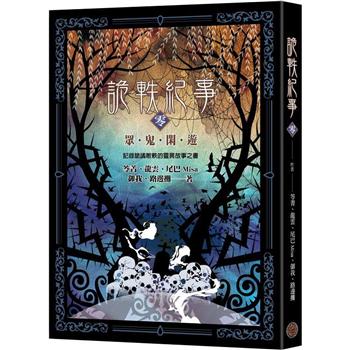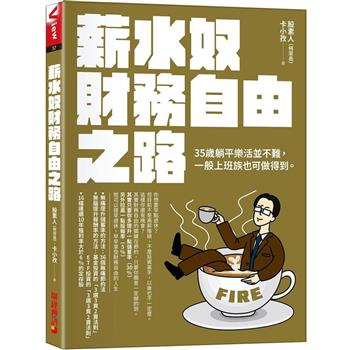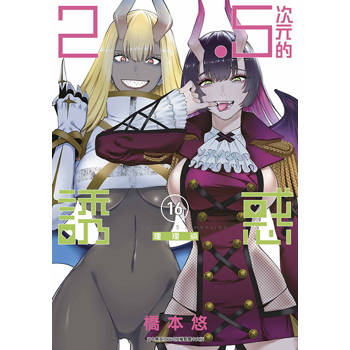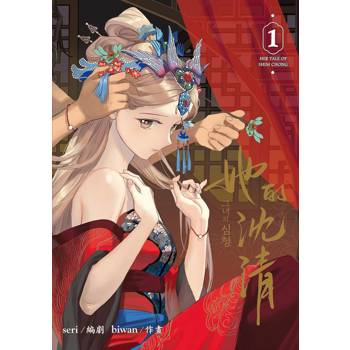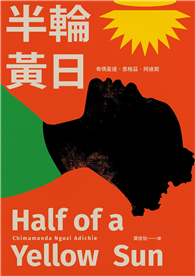Prayer divided seventeenth-century England. Anglican Conformists such as Lancelot Andrewes and Jeremy Taylor upheld set forms of prayer in the Book of Common Prayer, a book designed to unite the nation in worship. Puritan Reformers and Dissenters such as John Milton and John Bunyan rejected the prayer book and advocated for extemporaneous or free prayer. In 1645, the mainly Puritan Long Parliament proscribed the Book of Common Prayer and dismantled the Anglican Church in the midst of civil war. This led Anglican poets and liturgists to defend their tradition with energy and erudition in print. In 1662, with monarchy restored, the mainly Anglican Cavalier Parliament reinstated the Church and its prayer book to impose religious uniformity. This galvanized English Nonconformity and Dissent and gave rise to a vibrant literary counter-tradition.
Addressing this fascinating history, David Gay examines competing claims to spiritual gifts and graces in polemical texts and their influence on prayer and poetry. Amid the contention of differing voices, the disputed connection of poetry and prayer, imagination and religion, emerges as a central tension in early modern literature and culture.

